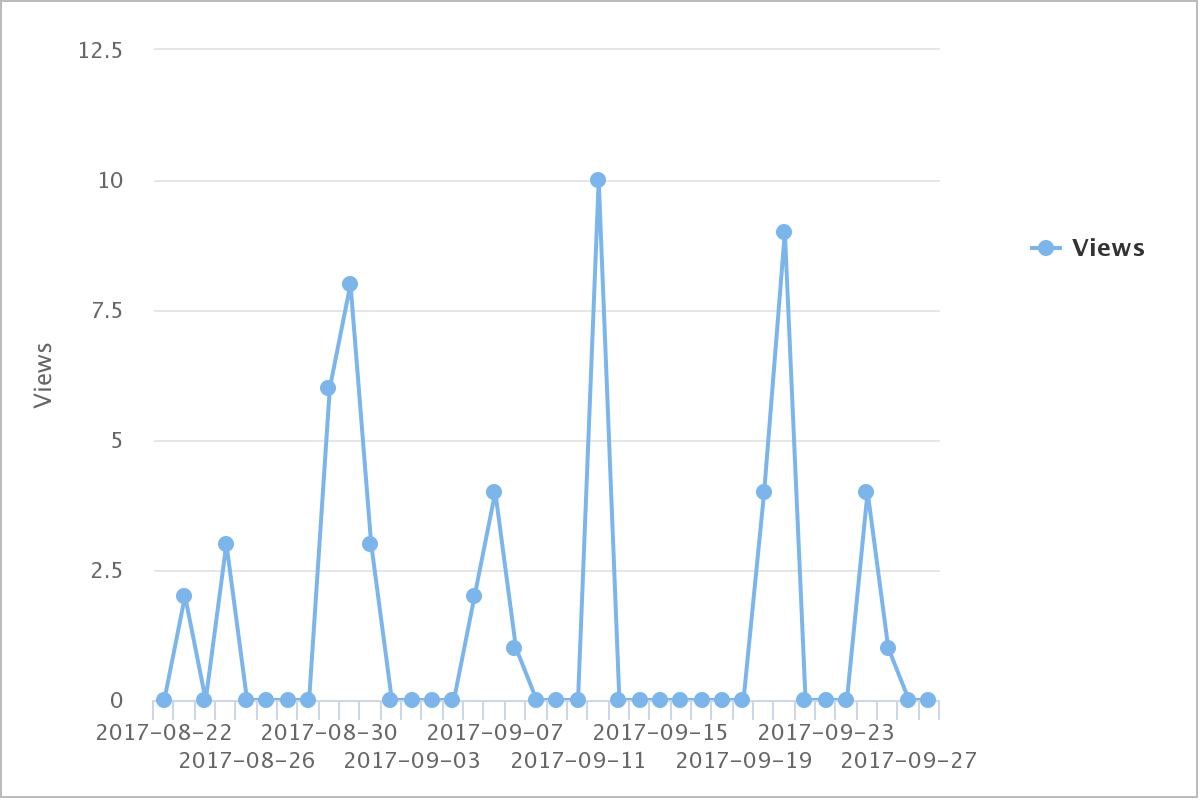By Rebecca Denne, Special Projects Archivist, South Carolina Political Collections, University of South Carolina
“Outreach.” Regularly tossed around at departmental meetings and conferences, how can we put this buzzword into action? We know we have interesting collections, and we know where the fun stuff is stashed. Presenting our records in accessible and meaningful ways is at the foundation of our roles as archivists and at the heart of a strong outreach program.
As the new Special Projects Archivist for South Carolina Political Collections at USC, I divide my attention between curating exhibits, processing complex collections, and developing our outreach. When I started at SCPC three months ago I was blown away by the size, variety, and richness of our collections. Imagine you’re a USC student beginning your research and faced with 130+ collections. Where would you start?
USC’s library, like many academic libraries, subscribes to SpringShare’s content management system LibGuides. LibGuides are essential tools for supporting instruction, research, and technology integration at our university’s library. Librarians use them to organize subject-specific resources which, for many students, could be the primary gateway to discovering all relevant resources the library subscribes to and collects on a topic.
At SCPC, we’re creating LibGuides for popular subjects and to supplement some of our exhibits in an effort to better reach our users. The LibGuides offer new ways for users to engage with our records, and we think they can be a great research springboard. We currently have ten guides, and we’re working on another focused on how to use SCPC and archives in general.
Suppose a student wants to do their capstone project on some aspect of immigration. Our "Immigration in South Carolina" guide could set them on a number of investigative paths. Had they considered refugees and orphans of the Vietnam War? What about Jewish migration during World War II? Often, the unique ways in which our collections intersect and relate to one another isn’t immediately apparent from the finding aids. By curating these LibGuides, we hope to spark new and exciting research ideas for our users.

Overall, we’ve found that there are a number of benefits to using the platform:
- Flex it. LibGuides’ flexible format allows us to bring both library and archival resources together under a single subject. This helps users to more easily understand special collections as part of the library system at large and promotes the discovery of archival material. If a professor provides us some basic information about their course topic, we can even develop a LibGuide just for their class.
- All about those stats. On the backend, LibGuides provides valuable usage reports. We can see how many people have viewed the guide as well as how often the links within the guides (assets) have been accessed. Our ten guides have only been up for two months, and we’ve already had over 250 hits! We could use these statistics to make more informed decisions when prioritizing digitization projects or planning exhibits based on our users’ interests.

Stats from our Desegregation in South Carolina Schools LibGuide show the guide was viewed 57 times between August 22 and September 27, 2017.
- Getting social. We can include links to our Facebook, Twitter, and blog, giving students even more opportunities to connect and stay up to date.
- Show us the formats. We can provide text, include polls, link to finding aids, direct to the library’s catalog, and embed photographs from an easy-to-use platform.
Please feel free to check out our LibGuides!
If any of our topics spark your interest, feel free to get in touch. We’d be happy to assist you in your research.
